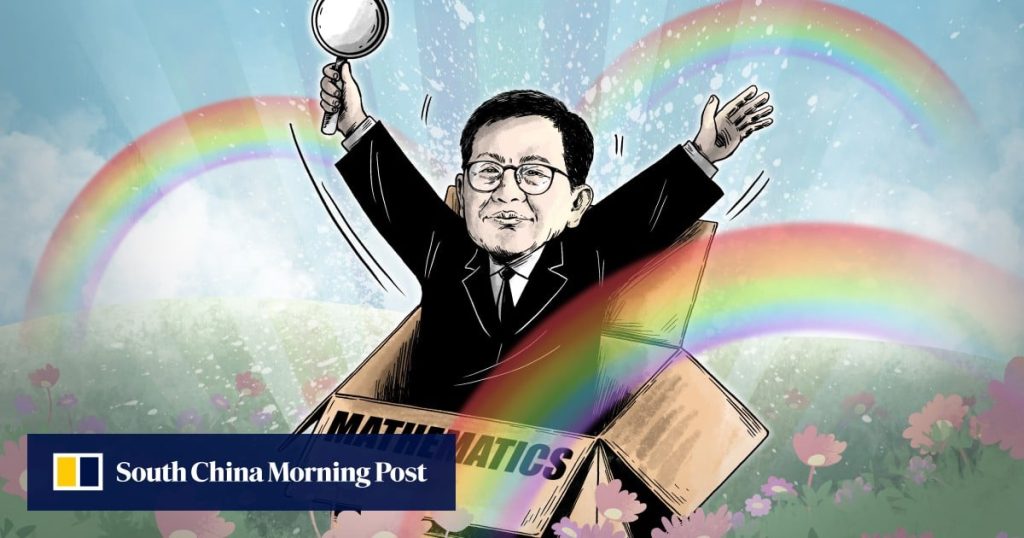He said a shift from rote learning to encouraging innovation, coupled with growing international collaborations, could lead to significant mathematical advances in China, which has already lured well-known mathematicians to move from countries including Australia, France and the United States.
Many of these, as well as Chinese-born academics returning home from the West, cited talented students, better work opportunities, and China’s growing strength and investment in the field as some of the reasons for moving.
“The help from mathematicians with international experience is increasing,” he said. “The coming back of haigui [overseas-trained talent] is important – these people are very enthusiastic in training future generations. They add to the development in that respect.
“But finally how things will work still has to do with how the country educates its people. The most important thing is to develop people who are educated in the country because that should still form the bulk of the community.
“When you try to absorb advanced knowledge from outside, this can be from anyone. It is irrespective of nationality and so on.”


